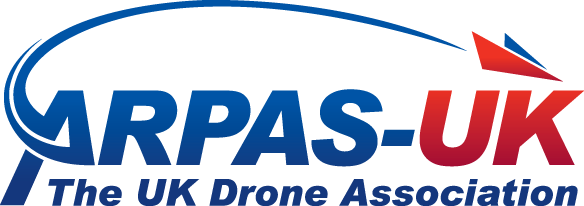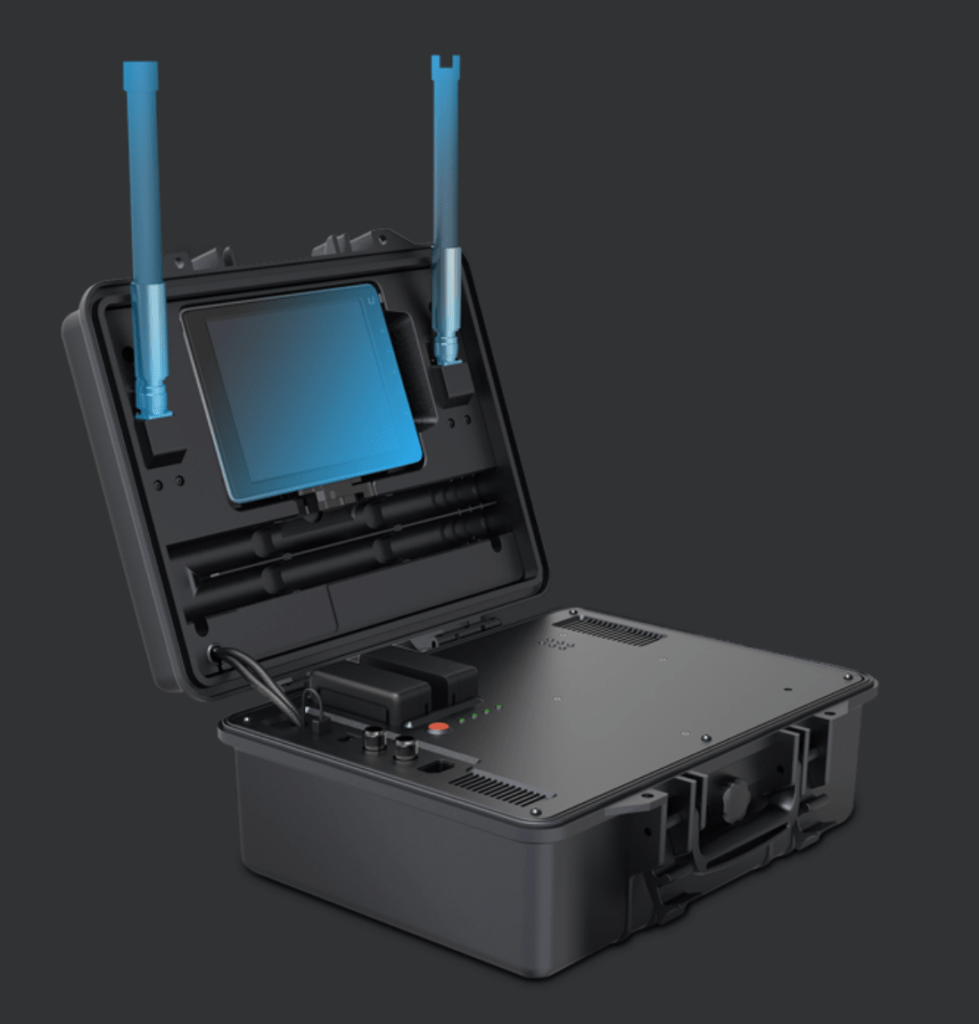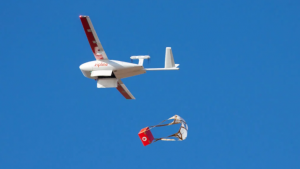What a week this has been. Seven days ago, DJI announced we were activating our Disaster Relief Program to help public safety agencies in the United States confront the coronavirus. Today, we’re pleased to announce we are distributing 100 drones to 40 police, fire and public safety organizations in 21 states. This is the largest single deployment of drones to fight COVID-19 that we know of – and we look forward to seeing what our brave first responders do with them.
How it Started
DJI first created the Disaster Relief Program last fall to quickly send drones and supporting accessories to vetted public safety agencies dealing with local emergencies like tornadoes, hurricanes, wildfires and floods. Over the last few years, drones have proven to be force multipliers for police, fire and rescue services by providing real-time aerial perspectives on chaotic situations, finding people in distress, assessing and mapping damage, and helping speed-up recovery efforts while freeing personnel to work on other tasks on the ground. We envisioned the Disaster Relief Program helping focus those efforts in specific parts of America. But with coronavirus raging, we retooled the program to mobilize for fighting a single problem from coast to coast.
A week later, we have received several hundred requests from across the entire United States to support police, fire and emergency management departments; state patrols; search and rescue units; and even hospitals. DJI’s Director of Public Safety Integration, retired fire chief Wayne Baker, and I reviewed applications from the hardest-hit parts of the country to learn more about their current situation, their plans to use drones to manage the crisis, and their ability to do it quickly. Even in a time of crisis, it was frankly inspiring: All across America, first responders are embracing drone technology to help their communities, accomplish more in less time, and protect their own personnel. They came up with creative ideas, shared proofs of concept and were eager to demonstrate how their work can help the greater public safety community.
Where we Are Today
The 40 organizations receiving these 100 drones from DJI all show great promise for how they can quickly gain real-world “COVID-19 Deployment” experience in using drones. We want to learn what works and what doesn’t work, gather information about different use cases, develop best practices and share that information with everyone. Right now is not the time to re-invent the wheel, so we hope our contribution of drones and expertise will catalyze new productive drone uses across the country.
We’ll let the individual departments announce their participation in the DJI Disaster Relief Program on their own schedule, as they receive equipment and get into the air. One preview comes from the Daytona Beach Police Department in Florida, where Sergeant Tim Ehrenkaufer, who heads their drone unit, unboxed two DJI Mavic 2 Enterprise drones yesterday (pictured below). He’s looking to use the drone with a loudspeaker attached, so they can spot groups of people gathering and warn them to disperse – without endangering any of his officers.
.jpeg?width=1280&name=IMG_0433%20(1).jpeg)
Here’s an infographic breaking down the recipients:
.png?width=940&name=DRP%20Update%20Infographic%20Copy%202%20(1).png)
With 100 drones helping combat the virus at 40 organizations in 21 states, we hope to gather an extraordinary range of real-world experiences that will help public safety agencies do their best work to protect the public during an unprecedented crisis. Chief Baker and I are planning a webinar at 11 am Pacific time on April 15 to help share lessons learned – be on the lookout for more details about this event.
It took incredible work from many, many people across many time zones to bring the DJI Disaster Relief Program coronavirus effort to fruition so quickly. I want to thank everyone who contributed – from our internal stakeholders across DJI departments and regions, to our Enterprise Channel partners who turned on a dime to make these products available, to the public safety agencies who said they want to “Pay-It-Forward” and help information to improve the entire nation’s ability to respond. The battle against COVID-19 is going to be a marathon, not a sprint, but we hope this early effort can illuminate one way for America’s frontline responders to protect the public, keep themselves safe and hopefully save lives.
Romeo Durscher for DJI
April 1, 2020












